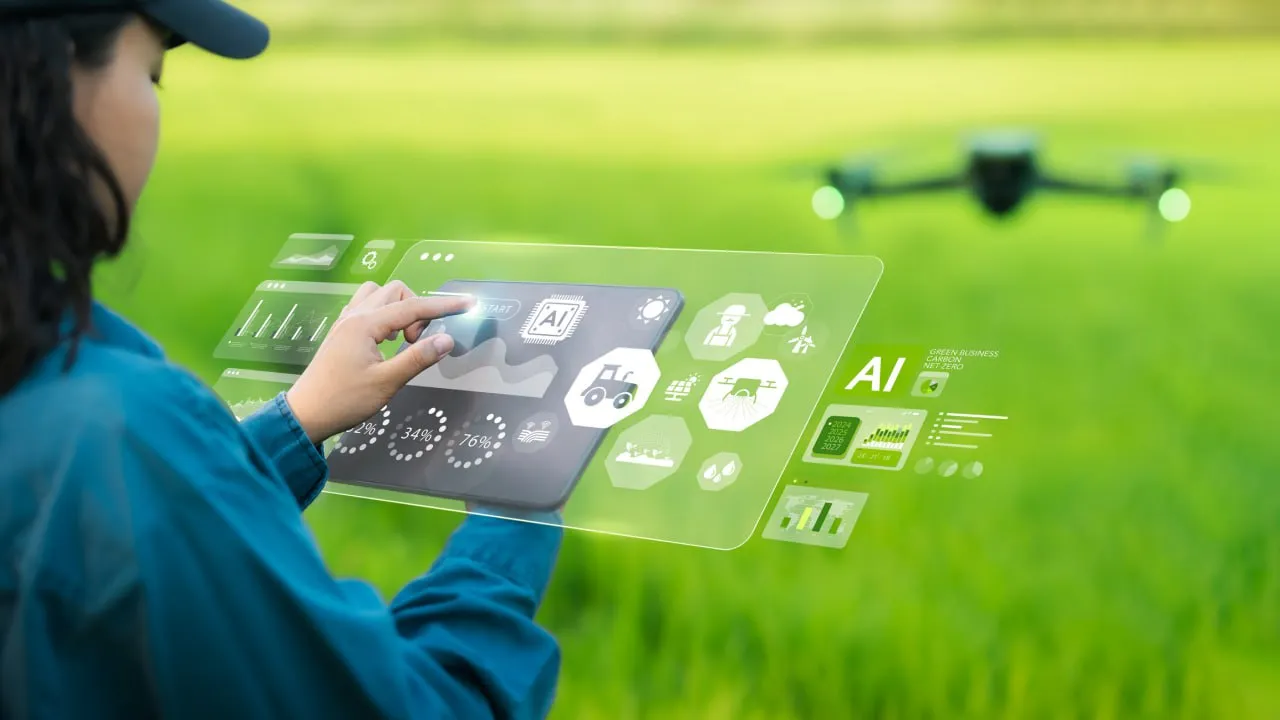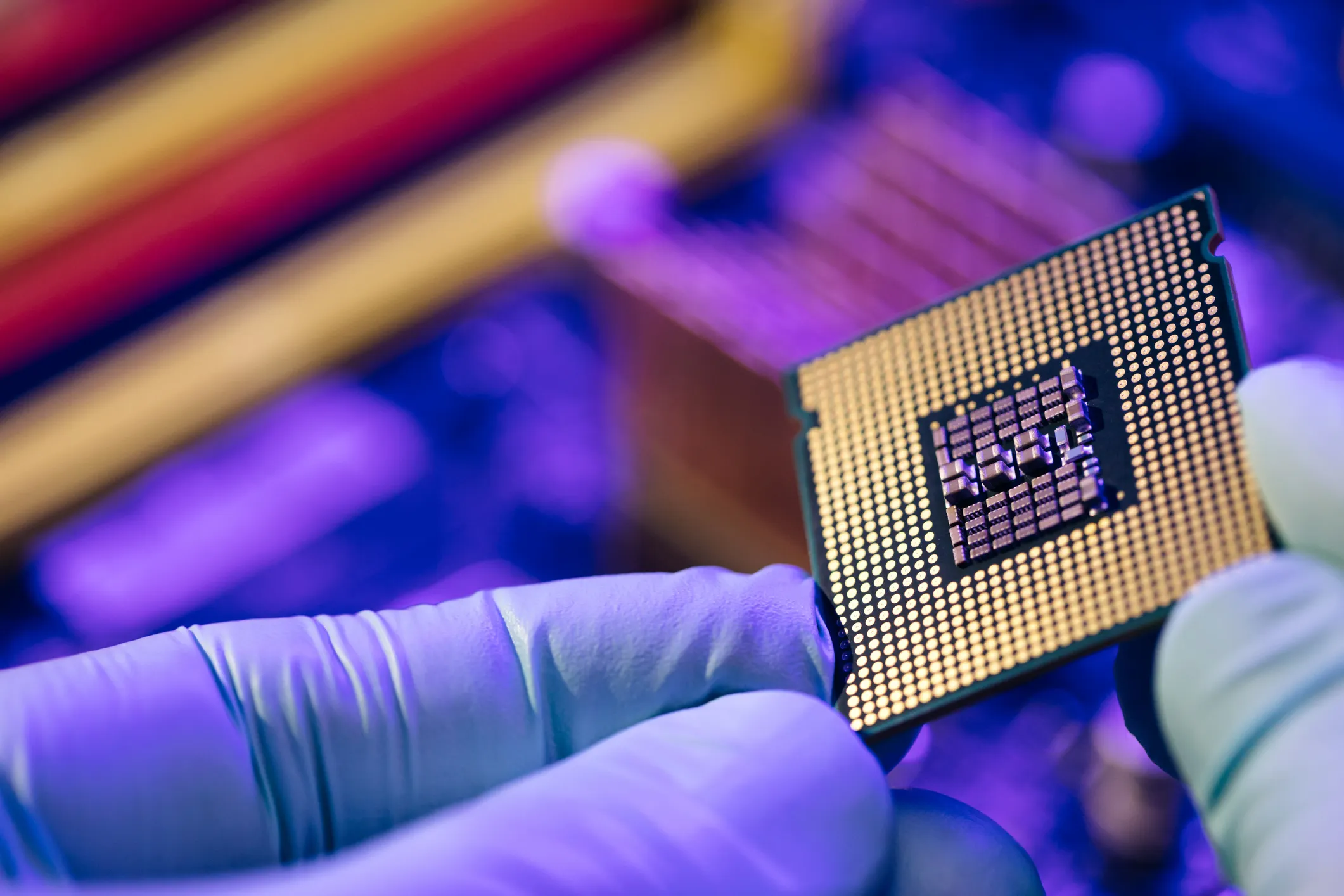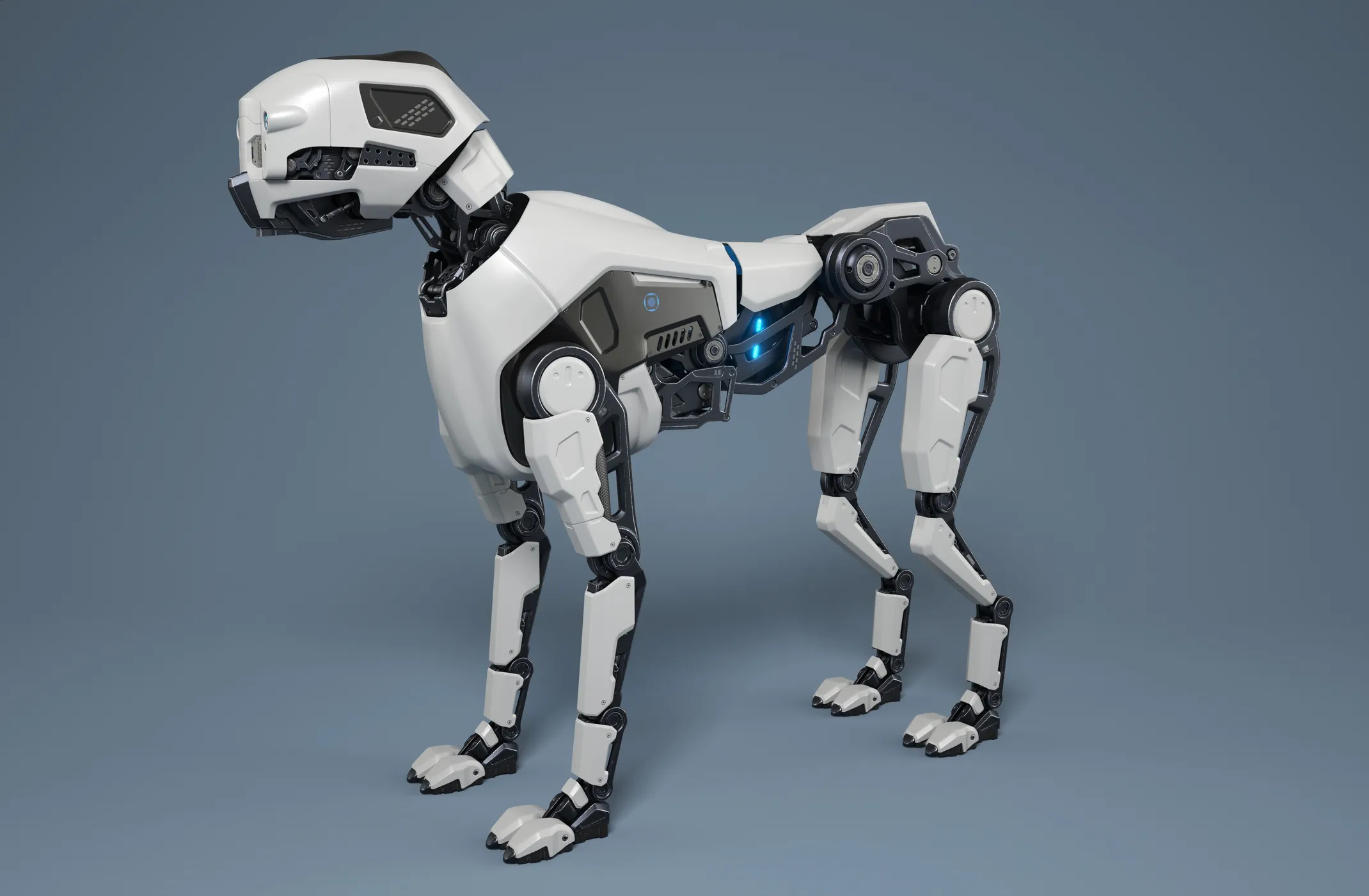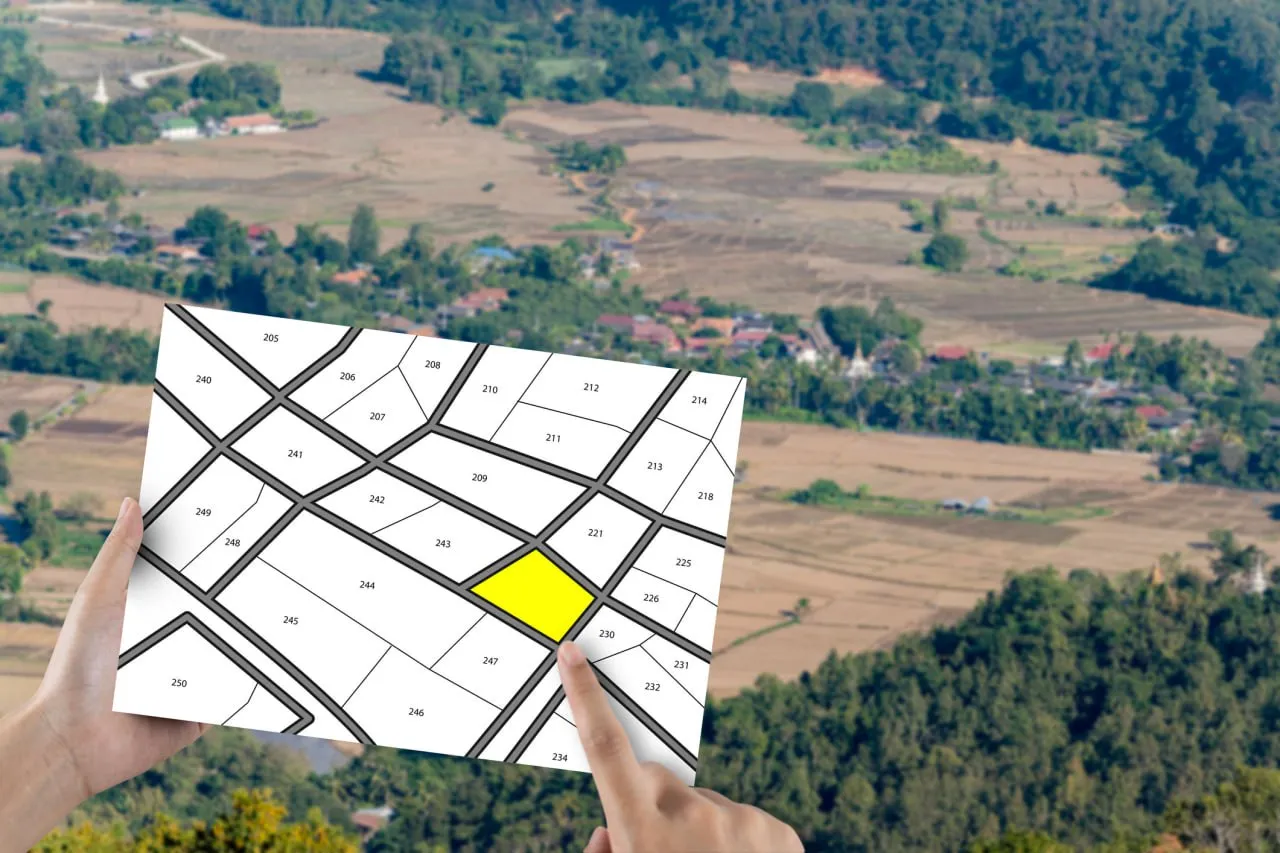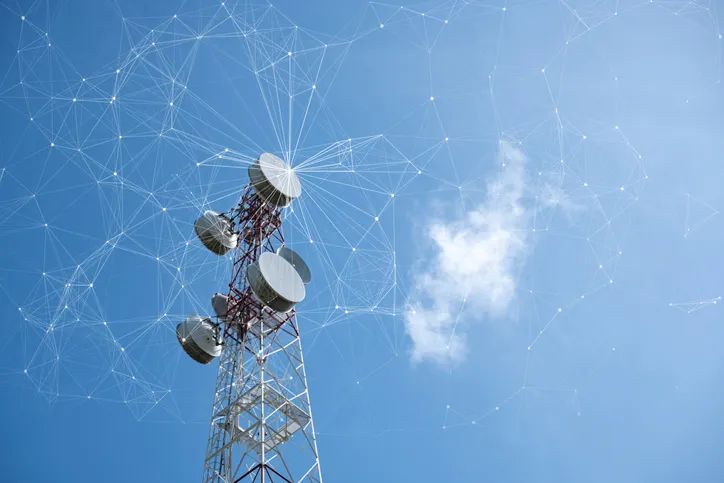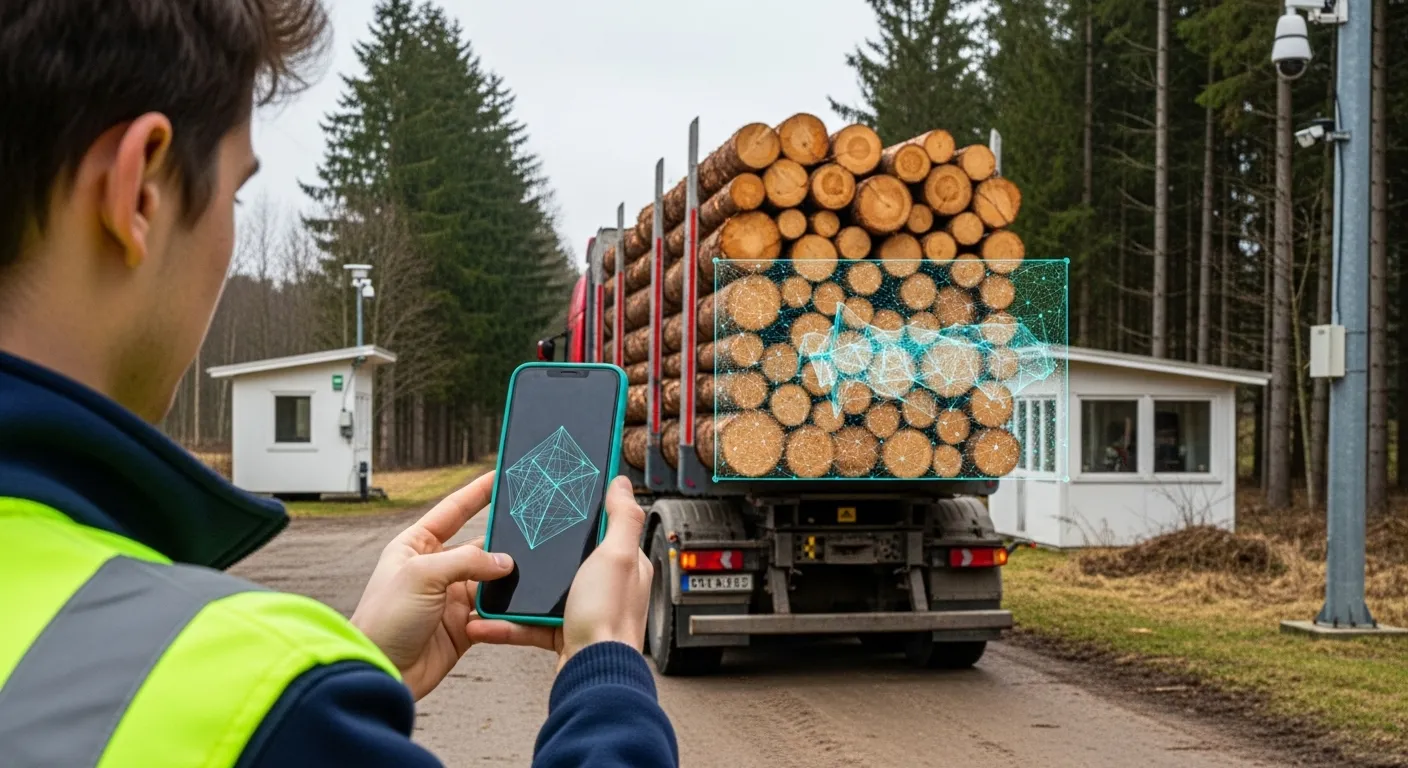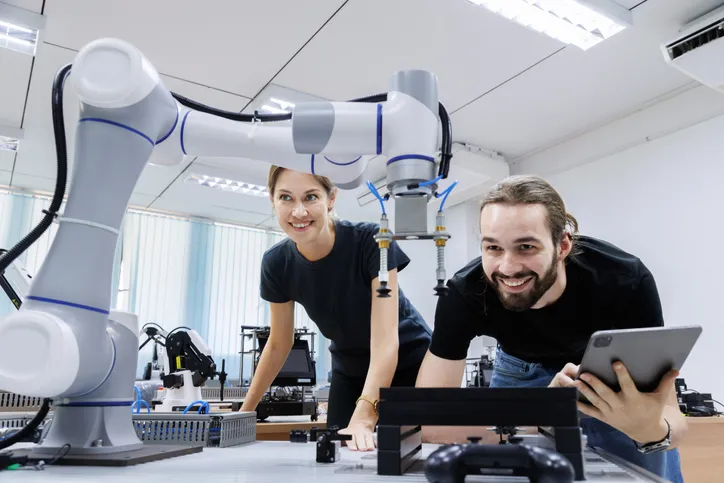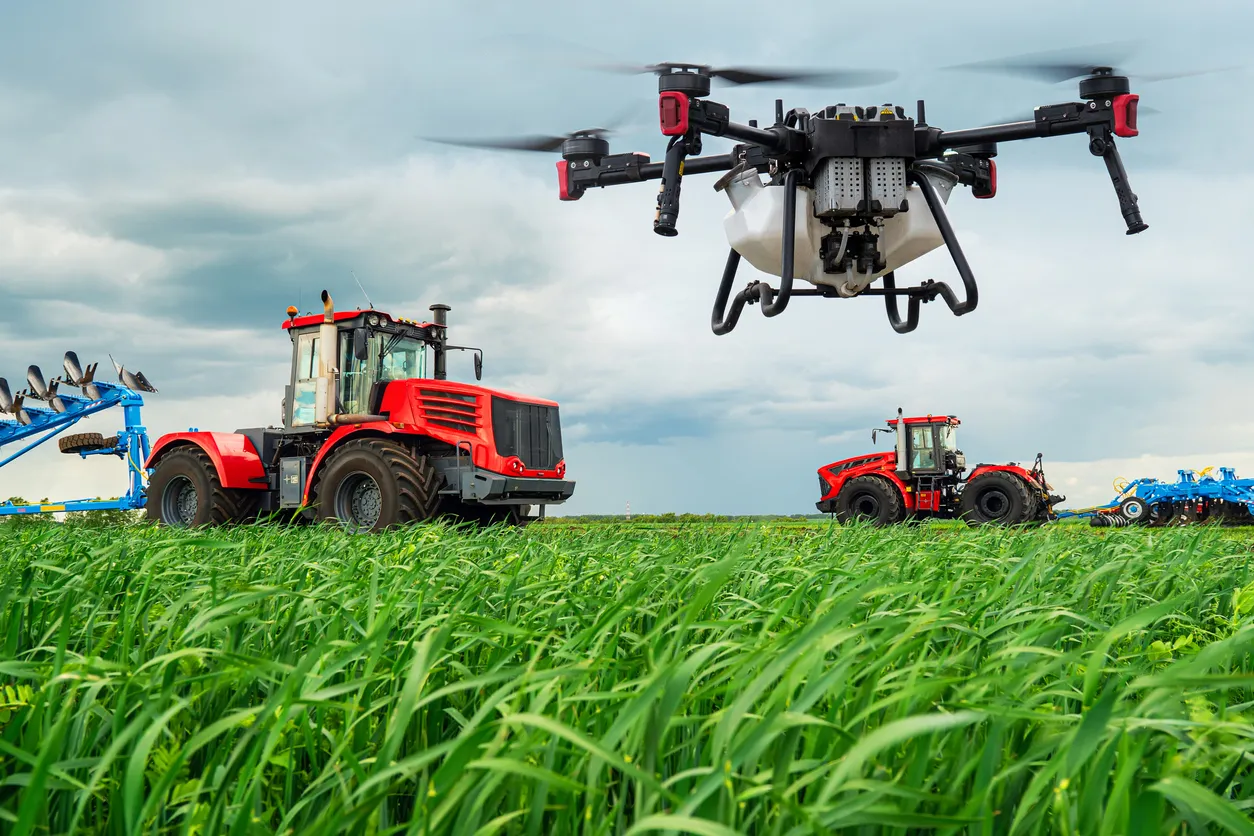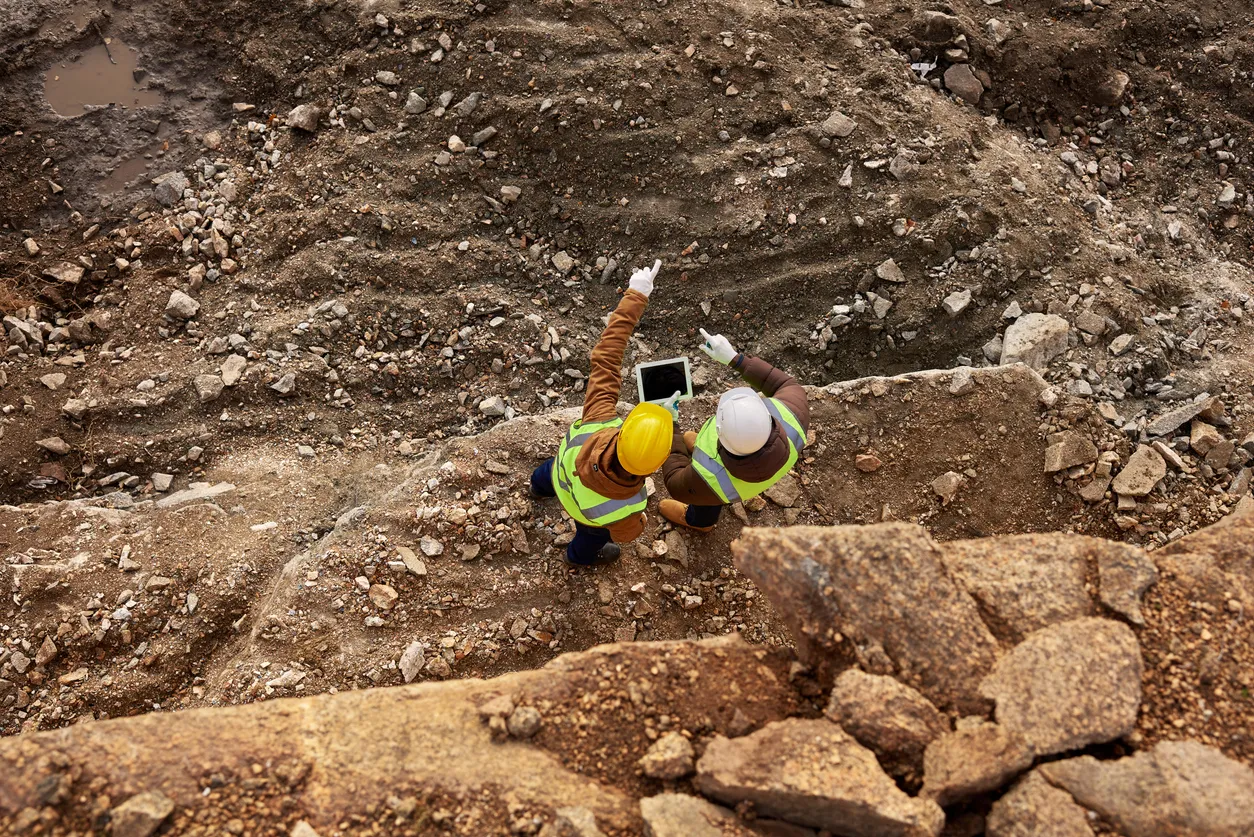AI‑Driven Laser System to Protect Homes from Mosquitoes in Russia
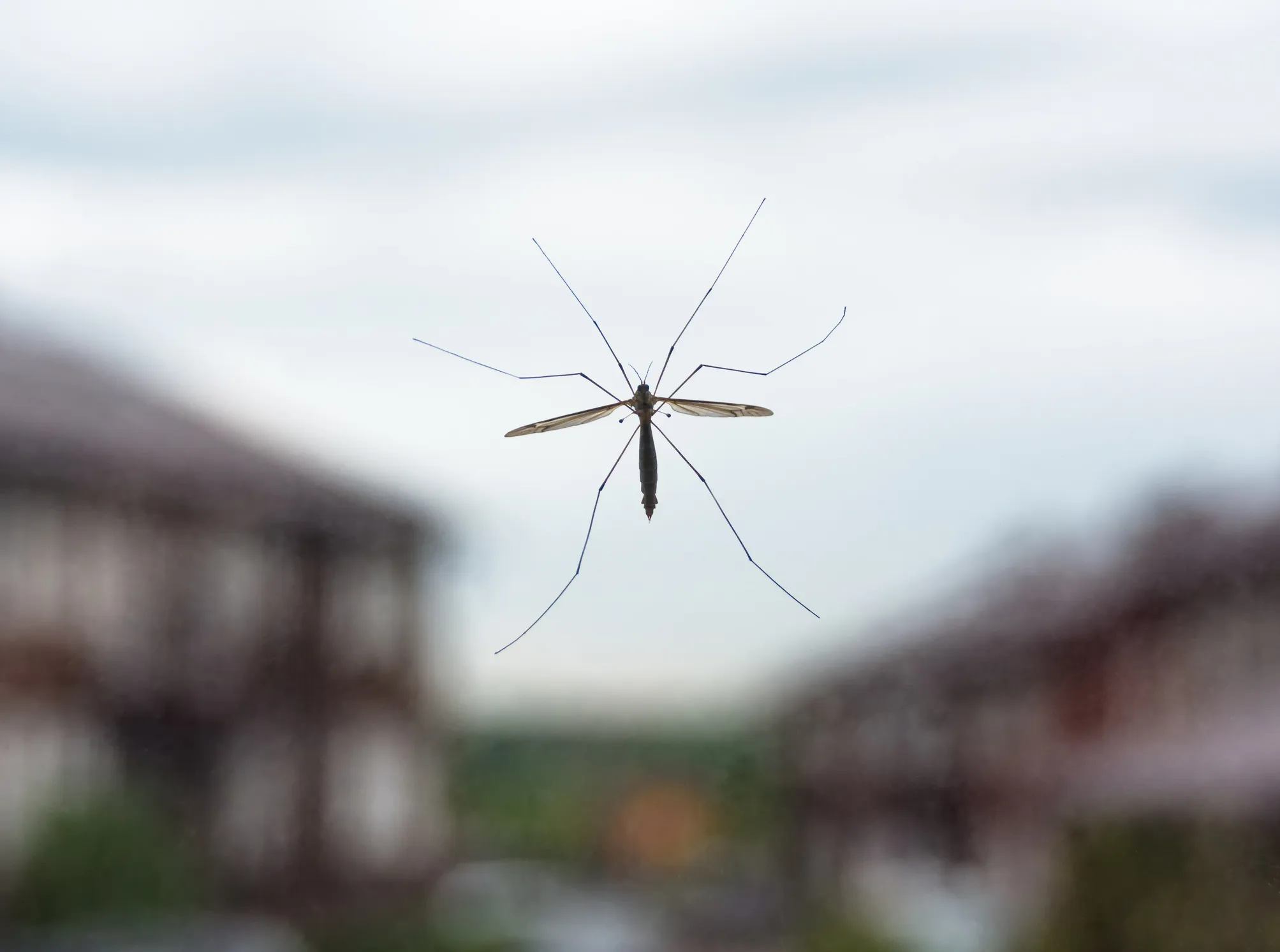
A novel device combining smart LiDAR scanning with laser neutralization promises chemical‑free, contactless mosquito control—showcasing how Russian innovators are tackling nuisance insects with cutting‑edge ecology
Next‑Gen Pest Control Without Chemicals
Russian engineers have unveiled a digital mosquito‑neutralization system nicknamed “PVO for Mosquitoes,” borrowing the acronym of anti‑aircraft defense. Instead of relying on botanical oils or insecticides, the device uses a LiDAR sensor to continuously scan a designated space for flying insects. Once the AI algorithm detects a target, it evaluates wing‑beat frequency, body size, and even determines the mosquito’s sex—since only females bite.
The neural network never lets a mosquito slip by,” explains one project lead. “Our laser delivers a low‑powered pulse that’s still lethal to the insect but harmless to humans, pets, and the environment.”
By eliminating chemical sprays, this approach avoids collateral damage to beneficial pollinators and local ecosystems, offering an eco‑friendly alternative for indoor and semi‑outdoor mosquito control.
How It Works and Projected Impact
At its core, the system’s AI model is trained on thousands of insect flight profiles. The LiDAR emits harmless infrared light, mapping the three‑dimensional trajectory of each bug. Real‑time processing filters out non‑mosquito targets—such as flies or dust—and only flags confirmed mosquitoes matching female‑specific patterns. A targeted laser pulse then neutralizes the pest in milliseconds.
Analytically, this precision reduces energy use compared to constant‑running bug zappers and prevents chemical runoff associated with sprays. Early simulations suggest a single unit could cover up to 300 square meters, lowering household mosquito populations by over 80 percent in peak season.
Towards Production and Broader Benefits
Mass production of “PVO for Mosquitoes” is slated to begin at the end of next year. For consumers, the system promises:
Health Protection: Reducing mosquito‑borne disease risks without toxic repellents
Convenience: Fully automated operation that requires minimal user intervention
Sustainability: Zero chemical emissions and low power consumption
As climate change expands mosquito habitats northward, scalable solutions like this laser‑based system could play a crucial role in safeguarding human comfort and well‑being—while minimizing ecological footprints.



